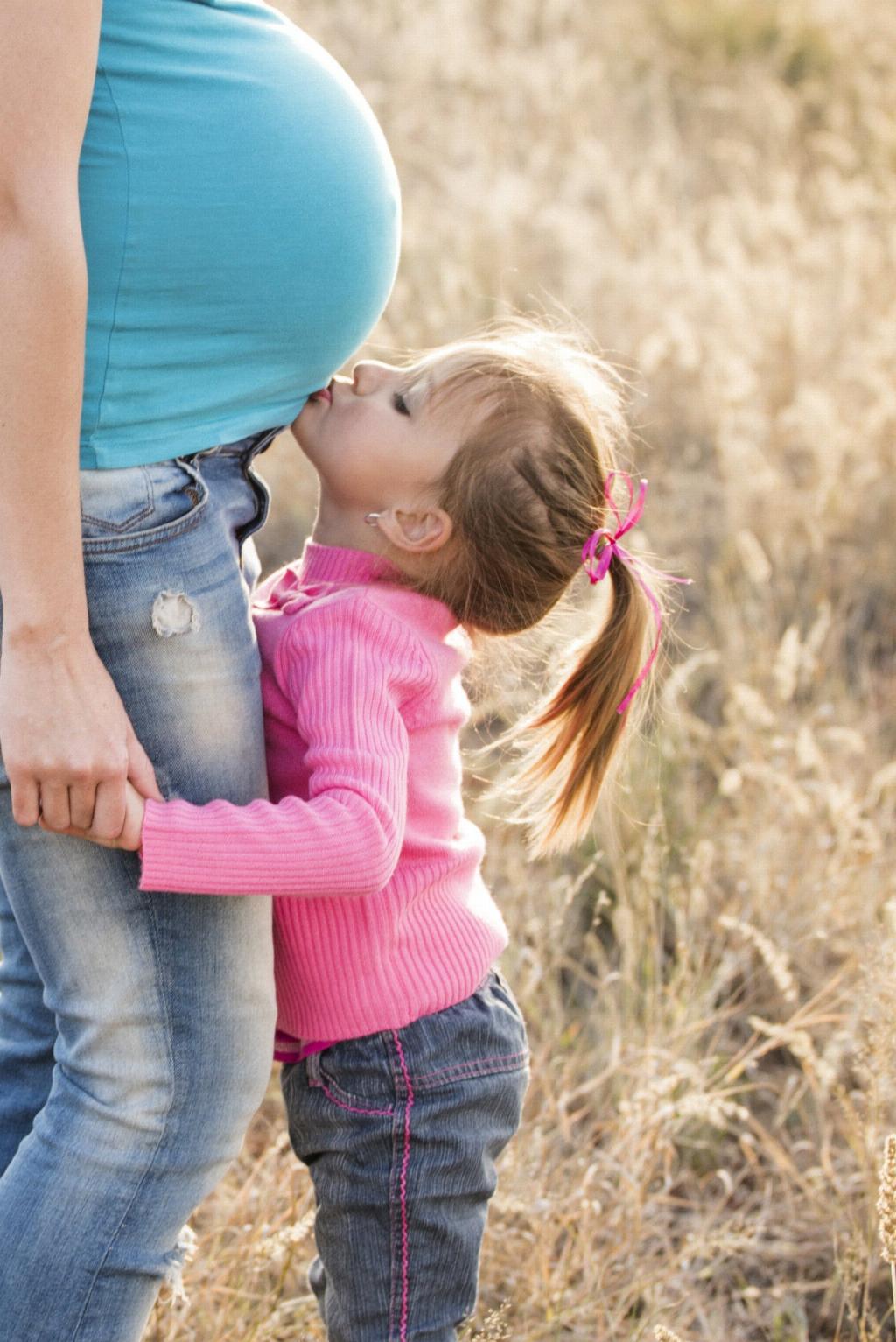When it comes to kidney stones during pregnancy, one of the main culprits to watch out for is calcium oxalate stones. These are the most common type of kidney stones, and they form when oxalate binds with calcium in the urine to create hard crystals.
Oxalate is naturally present in many foods that we consume on a daily basis. It can be found in a variety of fruits and vegetables, nuts and seeds, grains, legumes, and even some indulgent treats like chocolate and tea. So, if you’re pregnant and prone to kidney stones, it’s important to be mindful of your diet and steer clear of foods that are high in oxalate content.
Some examples of foods with high levels of oxalate include peanuts, which can be a go-to snack for many of us, but might not be the best choice for pregnant women looking to avoid kidney stones. Rhubarb, spinach, beets, Swiss chard, and sweet potatoes are also among the offenders in the oxalate department.
While it’s essential to maintain a balanced and nutritious diet during pregnancy, it’s equally crucial to be aware of the impact certain foods can have on your kidney health. For pregnant women at risk of developing kidney stones, reducing the consumption of oxalate-rich foods can help lower the chances of stone formation and alleviate discomfort associated with this condition.
However, it’s important to note that not all individuals will react the same way to oxalate-rich foods. Some people may be more sensitive to oxalate intake than others, so it’s essential to pay attention to your body’s signals and consult with your healthcare provider if you experience any concerning symptoms.
In addition to avoiding foods high in oxalate, maintaining proper hydration is vital for preventing kidney stones during pregnancy. Drinking an adequate amount of water helps dilute the substances in the urine that can lead to stone formation, making it easier for the body to flush them out.
Other dietary factors that can contribute to kidney stones include excessive consumption of sodium and animal proteins. Pregnant women should be mindful of their salt intake and opt for lean protein sources to reduce the risk of developing kidney stones.
Furthermore, incorporating foods rich in citrate, such as citrus fruits, into your diet can help inhibit the formation of certain types of kidney stones. Citrate binds to calcium in the urine, preventing it from crystallizing and forming stones, making it a valuable addition to a kidney stone prevention diet.
Ultimately, taking a holistic approach to nutrition and hydration during pregnancy can play a significant role in reducing the likelihood of developing kidney stones. By making informed food choices, staying well-hydrated, and seeking guidance from healthcare professionals, pregnant women can help safeguard their kidney health and enjoy a smoother pregnancy journey.
Remember, every pregnancy is unique, and what works for one person may not be suitable for another. It’s essential to listen to your body, prioritize your health and well-being, and make informed decisions that support your overall wellness during this special time.

